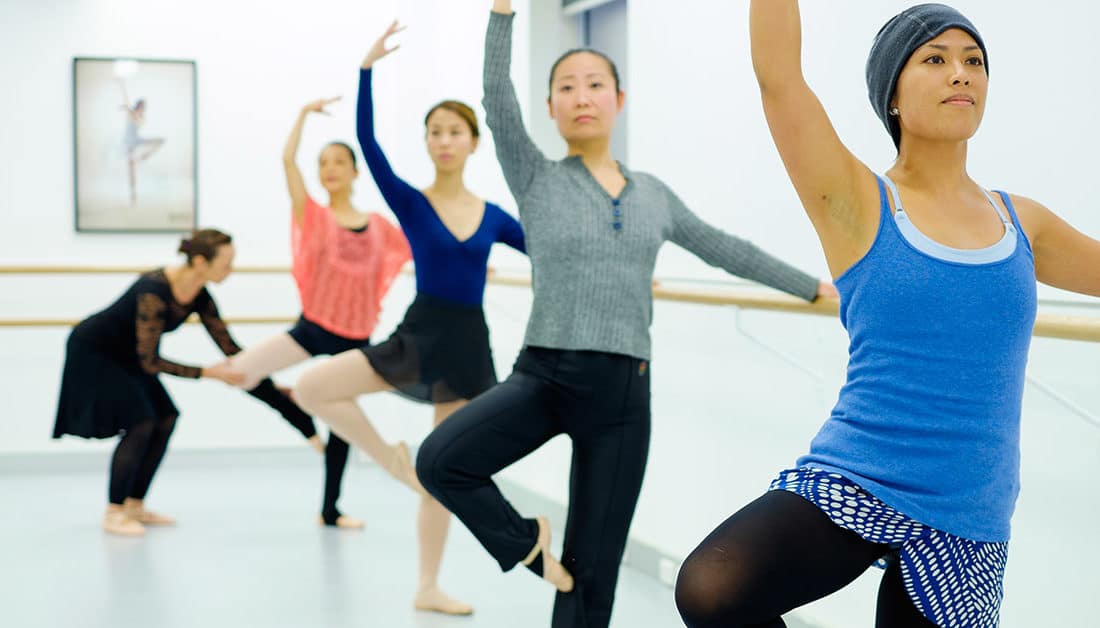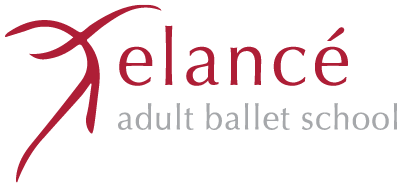
A desire for progress beyond your current ballet class is understandable – maybe you’d like to advance to learn a new skill, or perhaps you want the challenge that a higher level will provide. Read on for tips to help you progress, especially if your teacher doesn’t feel that you’re ready.
Talk To Your Teacher About Your Progress
Your best starting point is your teacher. Speak to your teacher about your class work and explain to them what you are hoping to achieve. They will be able to guide you with a realistic plan and time frame. Remember there is no ‘quick-fix’ or ‘fast-tracking’ in ballet, so your progress will be a steady journey that will require commitment on your part. Once your teacher understands that you are prepared to commit to improving, they can then review your work with progression in mind. Teachers want to help their students’ progress, and the good ones will do so with care and at a rate that matches your ability, no matter how frustrating it may seem!
Consistency In Your Class Work To Help You Progress
If you are looking to progress to a higher level, it’s important to remember that all of your class work plays a part. If you are looking to develop your grand allégro, you still need your centre adage for strength and control. If you are looking to learn pirouettes, you need strength and control in your allégro as well as in your relevé. It’s easy to forget that your ballet class should be viewed holistically. So many barre enchaînements are the preparatory movements for more complicated steps in higher levels. Without proficient work across all elements of a level, it’s not yet time for you to progress. Know the element in your class work that you can’t wait to ‘get over and done with’ – it is likely to be the part of your technique that needs the most attention and care.
Attending Extra Classes To Progress To The Next Level
When looking to progress, consider your class load. Adding in another class will help give you the strength and practice in your technique that you need. If adding an additional class is possible, think about adding in an equivalent or lower level. Working hard to progress your foundational technique can never be overstated – it forms the basis of every step in ballet! For example, if you can’t hold your balance effectively on one leg then every other aspect of your class work will suffer. Think… landing from a grand jeté, or rising whilst holding an arabesque line. These two very different movements require strength on one leg. If you boost your foundational technique you will find that every aspect of your ballet will improve and give you the freedom to dance well, increasing your chances of progressing.
Understand What This Progress Means To You And Why You Desire It
Finally ask yourself why you want to progress beyond your current class. Understanding your motives for progression will inspire the commitment needed. Wanting to move to a higher level when you are unaware of your readiness (or because your ballet buddies have moved up!) is sure to end in tears. The only acceptable reason for wanting to progress to a higher level is for your own sense of reward. Be realistic about your ballet progression – set challenging, yet achievable goals, and always remember to celebrate the small wins that help you on your journey.
